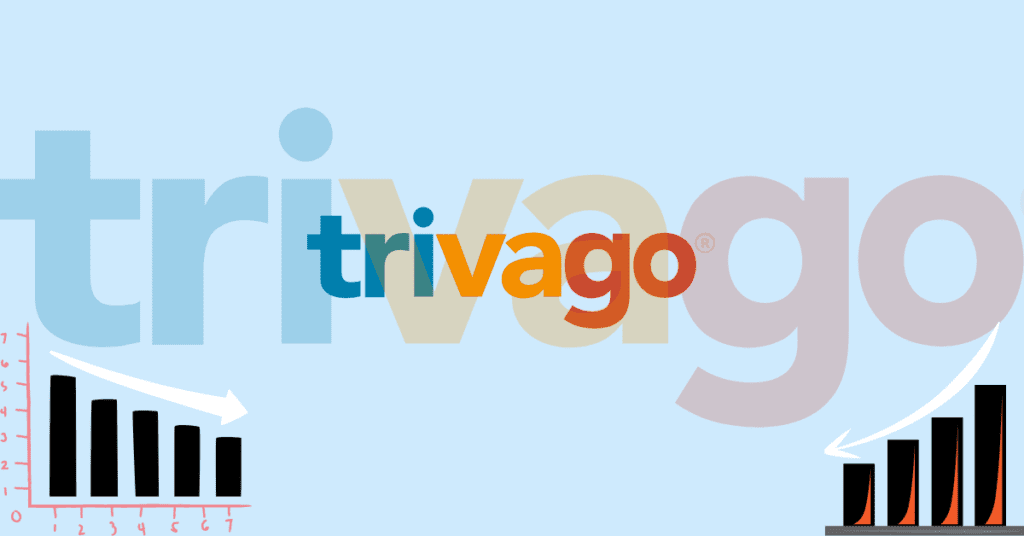Introducing New Google Property Promotion Ads
Google Property Promotion Ads are a revolutionary advertising method that allows hotel owners to spotlight their properties prominently on Google Maps and Google Travel. Positioned at the apex of the search results, these ads leapfrog over organic listings and other hotel advertisements, activating in augmenting brand recognition and steering more bookings to your hotel. Let’s delve into a detailed examination:
How to List Property Promotion Ads on Google?

A step-by-step guide to advertising your property using Property Promotion Ads:
Step 1: Create a Google Ads account and link it with your Hotel Center account.
2: Formulate a fresh hotel campaign.
3: Select “Property Promotion” as the ad group type.
4: Cherry-pick the properties you aspire to promote.
5: Determine your bids.
6: Activate your campaign.
Benefits of Google Property Promotion Ads
The merits of Property Promotion Ads are numerous, extending far beyond simple advertising:
Increased Visibility and Brand Awareness
Your property gains unparalleled exposure with premium placement above all other listings. It’s not merely an ad; it’s a statement that resonates with millions.
Encouraging Booking Rates
By captivating the eye of a vast audience, these ads directly impact booking rates, with some cases reporting an increase of up to 20%.
Control Over Advertising
Unlike conventional means, you decide which properties to promote and how much to bid, giving you unprecedented control.
Cost-Effectiveness
Although higher in price than standard Google Ads, Property Promotion Ads offer more value for money considering their effectiveness.
Enhanced Targeting Options
These ads can be targeted to specific audiences based on location, travel dates, and other criteria, ensuring that your advertisement reaches those most likely to book.
Detailed Reporting
Google’s in-depth reporting allows you to constantly gauge the performance of your Property Promotion Ads, enabling timely adjustments as needed.
Accessibility
The affordability compared to traditional advertising channels like TV and print makes Property Promotion Ads an attractive option for hotels with varied budget sizes.
The above benefits illustrate why Property Promotion Ads are gaining traction among hoteliers and marketers worldwide.
Drawbacks
While the advantages are compelling, there are some potential cons to be aware of:
- Cost: Property Promotion Ads are generally more expensive. Thus, a substantial budget is often required to harness their potential fully.
- Case Study – Trivago‘s Revenue Drop: In 2018, Trivago’s decision to vote against Google Property Promotion Ads led to a sharp 20% drop in revenue. This underscores the significance of Property Promotion Ads in today’s hotel industry.
Examples of Property Promotion Ads
For a clearer perspective, here are some actual phrases that are typical of Property Promotion Ads:
“Reserve your luxury suite at the Hilton Downtown today and experience opulence!”
“Save 40% on your booking at the Four Seasons Resort in Maldives. Limited offer!”
“Enjoy a complimentary spa package when you book your weekend stay at the Ritz-Carlton!”
How to Use Ads Effectively
Maximizing the potential of Property Promotion Ads requires some strategic actions:
1. Target Accurately
Use Google’s advanced targeting options to target the correct audience.
2. Bid Strategically
Setting your bids in alignment with various factors can optimize your ad performance.
3. Monitor Performance
Regularly track the performance, making necessary adjustments to get the most out of your advertising budget.
4. Utilize Updates
Keep abreast of Google’s continual updates to the Property Promotion Ads program, utilizing new features for enhanced results.
Recent Updates on Property Promotion Ads
Google’s relentless pursuit of improvement has led to new features in the program:
Enhanced Targeting
Now target your ads based on more specific audience traits, such as interests, demographics, and even previous travel behaviors.
Flexible Bidding Options
Bids can be customized even further based on the property’s location, travel dates, and duration of stay.
Improved Analytics
Google now offers even more granular reporting, allowing for more precise performance tracking and optimization.
Also read : Google BARD AI: Discover a New Era of Search
How Google’s property promotion ads impacted different brands
Trivago’s Loss Due to Opting Out

Trivago, a popular hotel booking platform, opted out of Google’s new property promotion ads. This decision led to a significant decrease in their revenue and website traffic. Their revenue was down 14% year-on-year, to $137 million, in the second quarter of 2023. Trivago’s Chief Financial Officer, Matthias Tillmann, said they lost traffic volumes due to not participating in this ad format. Trivago’s U.S. ad spend also decreased by 10% to $32.9 million and by 4% in Europe, year on year. They experienced significant declines in performance marketing traffic volumes coupled with decreases in profit contribution.
Expedia’s Gain by Supporting Google Ads

On the other hand, Expedia, another travel company, chose to opt into Google’s property promotion ads. This decision benefited them, as they reported a record second quarter with revenue up by 6%. This example clearly shows how supporting Google’s property promotion ads can increase revenue and overall business growth.
These examples demonstrate the potential impact of Google’s property promotion ads on businesses. While Expedia benefited from supporting these ads, Trivago experienced a loss due to their decision to opt-out. It serves as a reminder to businesses about the importance of being open to testing new ad formats and diversifying their marketing strategies.
The contrasting experiences of Trivago and Expedia show that the effects of Google’s property promotion ads on businesses can be significant. Trivago’s decision to opt out of these ads decreased revenue and website traffic, reflecting the potential consequences of not adapting to new advertising formats. Conversely, Expedia’s decision to embrace Google’s property promotion ads led to a record revenue increase, highlighting the potential benefits of adopting new ad strategies.
These cases underscore the importance of businesses being open to testing new ad formats and diversifying their marketing strategies. Relying too heavily on a single platform or channel can have a detrimental effect, as seen with Trivago. On the other hand, being adaptable and open to new opportunities, like Expedia, can lead to growth and success. Therefore, businesses should carefully consider their approach to new advertising formats and strategies, considering the potential impact on their performance and profitability.